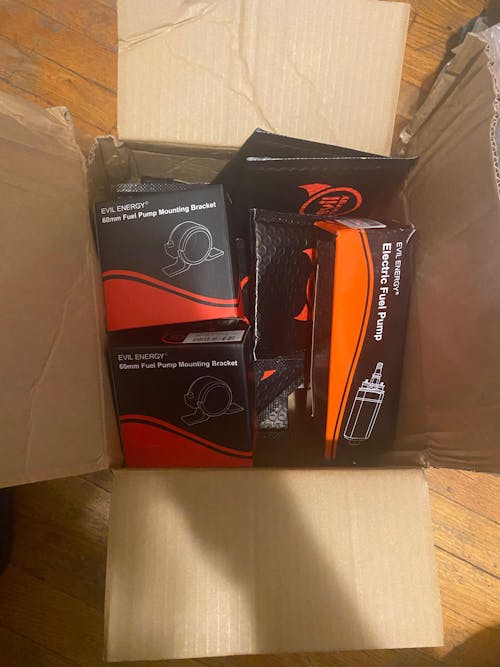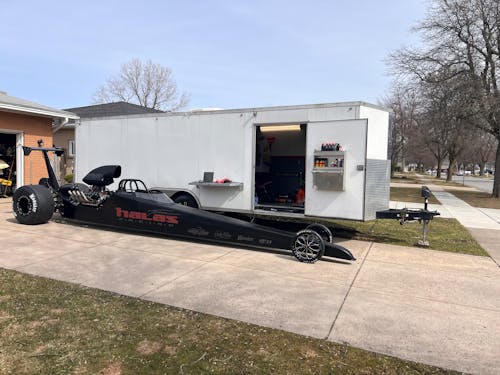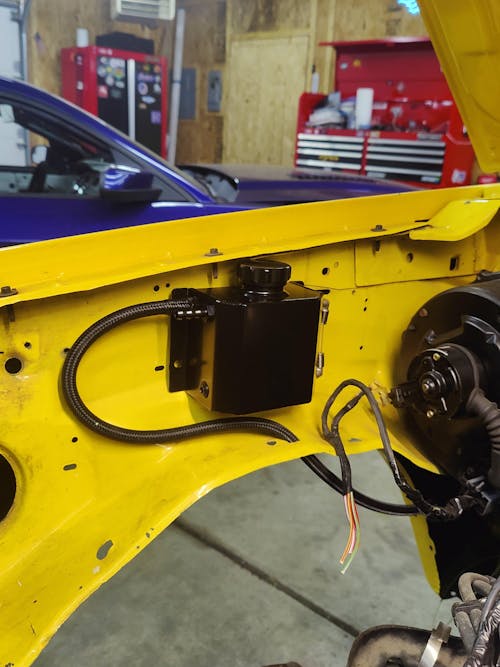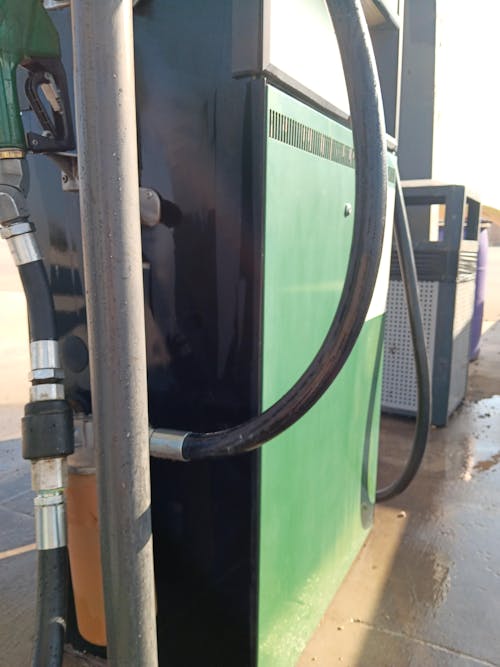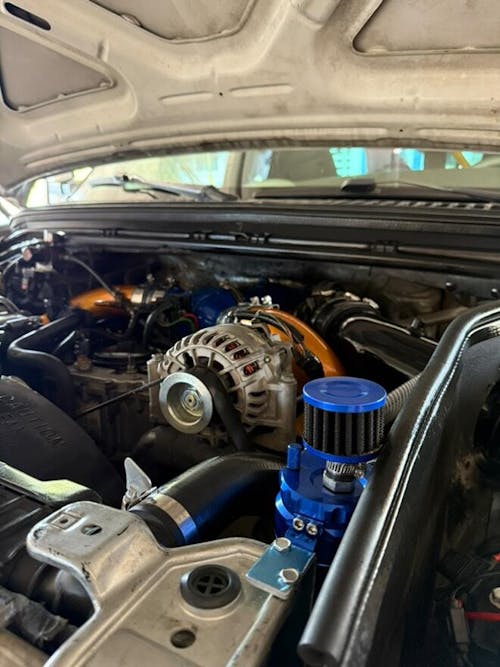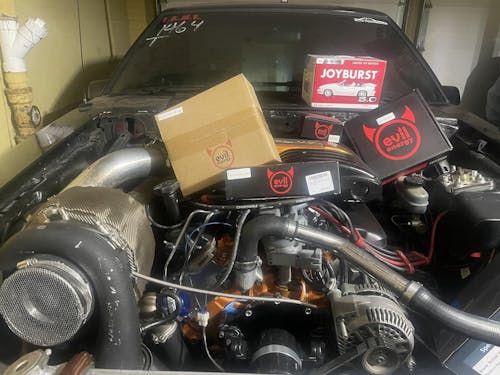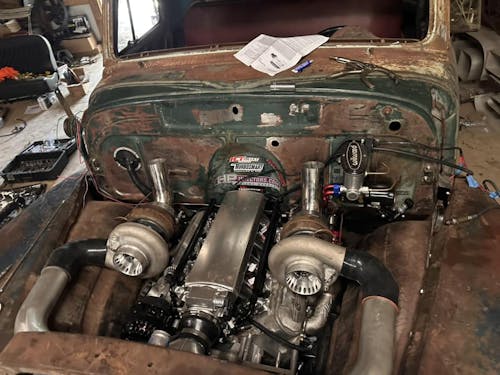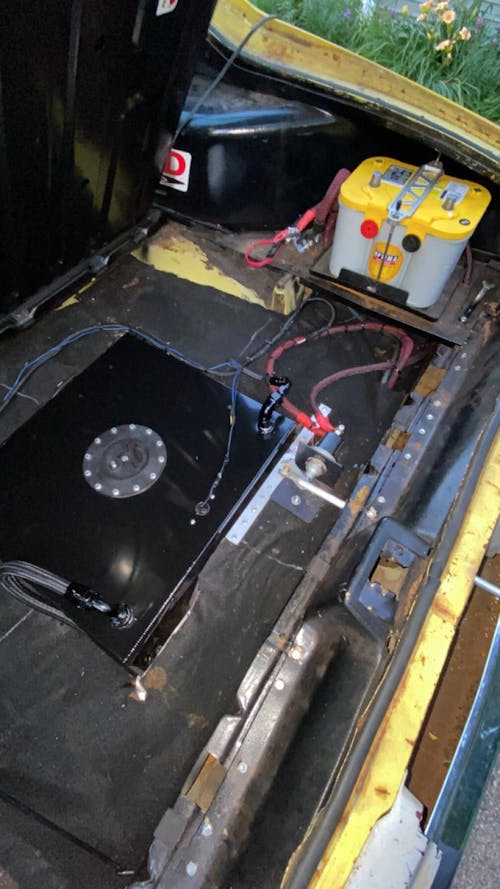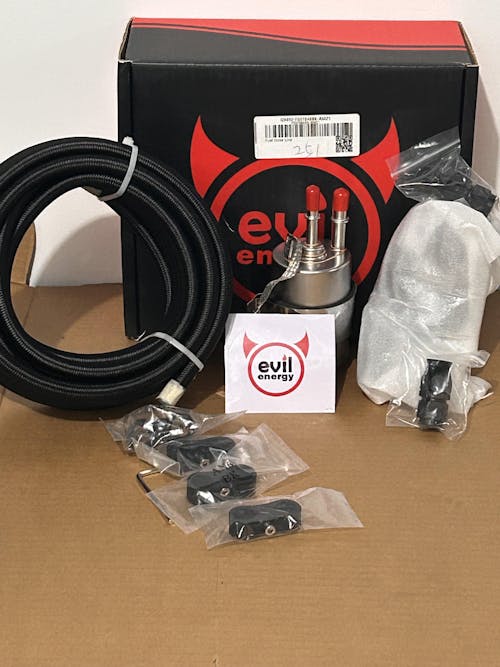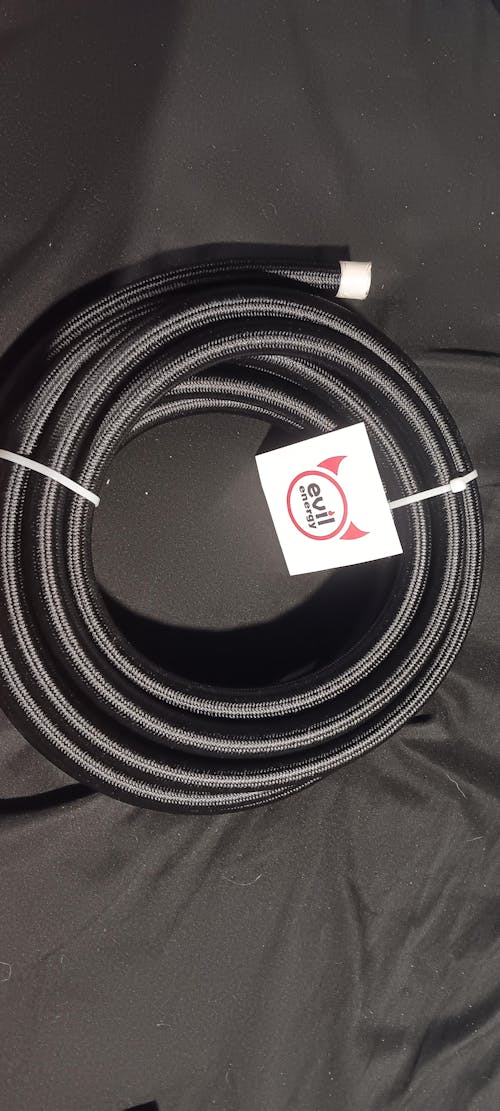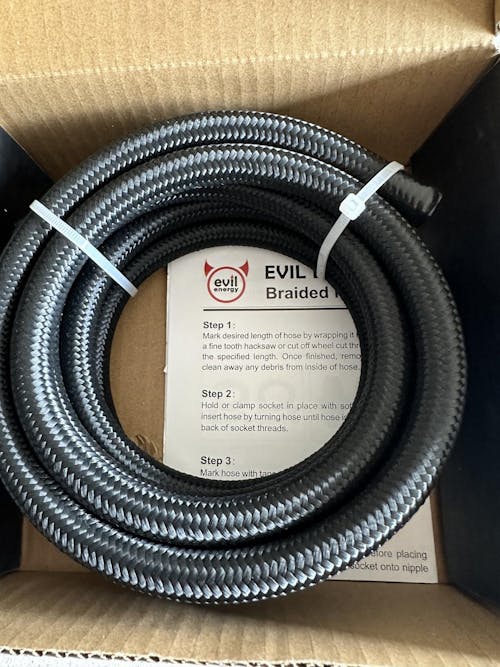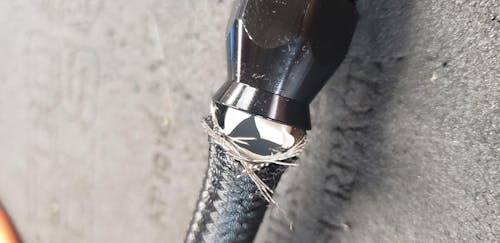PTFE FUEL HOSE: SMALL INVESTMENT REAPS BIG BENEFITS TO FUEL SYSTEM
Polytetrafluoroethylene, commonly referred to as PTFE, is a synthetic fluoropolymer known for its remarkable properties. It is renowned for its non-reactive nature, high melting point, and resistance to almost all chemicals. These characteristics make PTFE an ideal material for fuel hoses, as it can withstand aggressive automotive fluids without degrading. PTFE is also smooth and non-stick, reducing friction loss and fuel flow restriction. Its low permeability to vapors ensures superior containment, crucial for high-performance vehicle applications. With these unique properties, PTFE hoses represent a critical advancement in automotive systems. Discover how these hoses optimize your vehicle’s performance in the subsequent sections.
Importance in Automotive Systems
PTFE hoses play a crucial role in modern automotive systems. They are essential for managing fuel transportation efficiently and safely. These hoses are invaluable in applications where space is tight, and high temperatures are prevalent, as they can withstand a broad temperature range. Additionally, PTFE hoses are ideally suited for vehicles using ethanol-blended fuels, as they are resistant to chemical degradation. By improving fuel flow and reducing the chance of vapor lock, PTFE fuel hoses ensure optimal engine performance and longevity. Explore their versatile applications and discover why they are the preferred choice for modern automotive systems.
Key Applications for PTFE Fuel Hoses
Automotive and Beyond
PTFE fuel hoses are incredibly versatile and find applications beyond just automotive systems. They are heavily utilized in the aerospace sector, where reliability and performance are paramount. Similarly, in the chemical processing industry, PTFE hoses are favored for their chemical resistance and ability to handle a range of fluids. However, they remain indispensable in the automotive field, particularly in high-performance and modified vehicles. These hoses support various functions, from fuel injection to vapor return lines, making them a multifaceted component. Continue reading to understand why ensuring compatibility with your system is critical.
System Compatibility
While PTFE hoses offer numerous advantages, ensuring they match system requirements is vital for optimal performance and safety. Selecting the appropriate hose size and fittings is crucial to prevent leaks and maintain system integrity. PTFE hoses can accommodate a wide range of temperatures and pressures, catering to diverse automotive fuel systems. Compatibility ensures that your system benefits from PTFE’s properties, such as resistance to ethanol-blended fuels and high temperatures. Dive into the advantages of PTFE hoses in the following section to discover how they enhance performance and longevity.
Advantages of Using PTFE Fuel Hoses
Resilience and Durability
One of the standout features of PTFE fuel hoses is their resilience and durability. Capable of withstanding extreme temperatures ranging from -76℉ to 446℉, these hoses are suitable for various demanding environments. Their resistance to chemical degradation makes them ideal for use with ethanol-blended fuels, ensuring longevity and reducing maintenance needs. This resilience translates into fewer replacements and repairs, offering long-term cost savings for vehicle owners. Continue to learn how these hoses provide enhanced performance in high-performance vehicles.
Enhanced Performance
PTFE hoses excel in delivering superior reliability, particularly in high-performance vehicles where optimal fuel flow is critical. They minimize the risk of vapor lock and maintain consistent fuel delivery, crucial for maintaining engine power. Their smooth internal bore promotes unimpeded fuel flow, enhancing engine efficiency and responsiveness. Besides reducing the likelihood of system failures, PTFE hoses provide peace of mind with their robust construction. Find out how PTFE hoses compare to traditional rubber hoses in the next section.
Comparing PTFE Hoses with Traditional Rubber Hoses
Material Differences
When comparing PTFE hoses with traditional rubber hoses, the differences in materials are significant. PTFE hoses outperform rubber hoses in vapor emission containment, longevity, and pressure handling. Rubber hoses are susceptible to permeation and degradation from ethanol fuel, whereas PTFE hoses resist these elements, ensuring cleaner emissions and extended service life. PTFE hoses maintain structural integrity under high pressures, offering superior reliability under challenging conditions. Explore the long-term cost efficiency of choosing PTFE hoses over traditional options.
Long-term Cost Efficiency
Although the initial investment in PTFE hoses may be higher, the long-term savings make them a cost-effective choice. These hoses’ resistance to chemical and temperature-induced damage reduces the frequency of replacements. Consequently, vehicle owners experience lower maintenance costs and enhanced system reliability. PTFE hoses ultimately offer a higher return on investment, especially for those using high-performance or modified vehicles. Read on to learn how to choose the right PTFE hose and fittings for your needs.
Choosing the Right PTFE Hose and Fittings for Your Needs
Selection Criteria
Selecting the right PTFE hose and fittings requires careful consideration of hose size, pressure rating, and compatibility with your system. It’s crucial to assess your fuel system’s demands and match them with the hose’s capabilities. The appropriate hose size ensures optimal fuel flow, while pressure ratings must align with your system’s operating conditions to prevent leaks. This selection process simplifies installation and maximizes your system’s performance potential. Learn about preventing common installation mistakes in the next section.
Preventing Installation Mistakes
Avoiding common installation mistakes is essential to maximize the benefits of PTFE hoses. Ensuring proper sealing and avoiding static build-up are critical considerations. PTFE hoses must be correctly routed and fitted to prevent unnecessary stress or damage. Professional installation, along with using quality fittings, is recommended to safeguard against leaks and ensure system integrity. Proper installation ensures that you can fully capitalize on the advantages PTFE hoses offer. Wrap up your understanding of the investment benefits in the conclusion.
Conclusion
Investment and Benefits
Investing in PTFE fuel hoses offers a multitude of benefits, from superior performance and durability to long-term cost savings. Their resilience to temperature extremes and chemical damage makes them a smart choice for any serious automotive enthusiast. PTFE hoses deliver a robust return on investment by significantly enhancing fuel system reliability and efficiency.
Evil Energy’s Commitment
Evil Energy is dedicated to delivering high-performance products designed to meet demanding automotive requirements. With their PTFE fuel lines, they offer solutions that emphasize performance, reliability, and ease of installation, ensuring you get the best value for your investment. Choose Evil Energy for a commitment to excellence and enhanced vehicle performance.


![EVIL ENERGY 4/6/8/10AN PTFE Fuel Line Kit | E85 Nylon Braided Hose | 16/20FT Black Black with Comprehensive Fittings [20FT]](http://www.ievilenergy.com/cdn/shop/files/Test-2025-Evilenergy-125598065_165x.png?v=1742144807)
![ptfe hose fitting kit [16FT]](http://www.ievilenergy.com/cdn/shop/files/Test-2025-Evilenergy-125598171_165x.png?v=1742144807)
![CPE Fuel Line[25FT]](http://www.ievilenergy.com/cdn/shop/files/25FTCPE_FuelLine_165x.png?v=1735220649)
![CPE Fuel Line[20FT]](http://www.ievilenergy.com/cdn/shop/files/20FTCPE_FuelLine_165x.png?v=1735220649)

